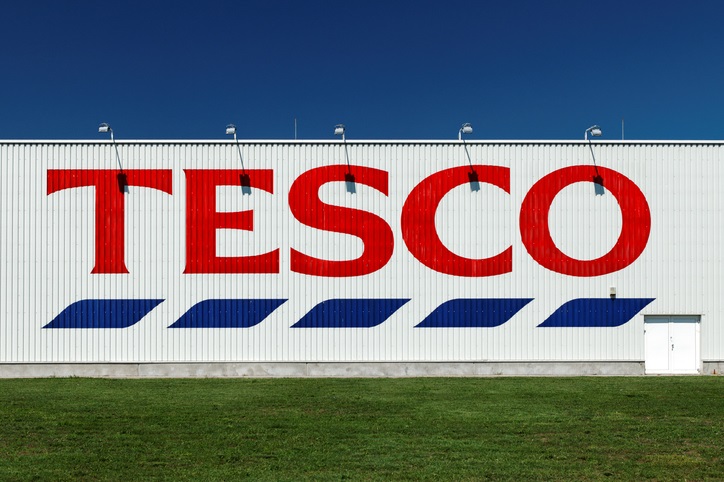Tesco full of beans with pandemic strategy
Supermarket has navigated Covid-19 pressures with style, according to our head of markets.
7th October 2020 10:08
by Richard Hunter from interactive investor
Supermarket has navigated Covid-19 pressures with style, according to our head of markets.

Tesco (LSE:TSCO) has navigated the pandemic with aplomb and is now reaping the benefits of its actions.
Panic buying earlier in the year at the height of lockdown did not result in an automatic boost for the supermarkets which many had assumed. Not even with the bonus of business rates relief, which is expected to amount to around £530 million.
For its part, Tesco’s Covid-19 costs for the half-year came in at £533 million, largely due to the employment of extra staff to cope with the additional volumes and payment of sick pay to a significant number of employees.
Its estimate for the full year now stands at £725 million, still within the initially guided range of £650 and £925 million, and an improvement from the £840 million which the company had been expecting at its first quarter results.
Unsurprisingly, fuel sales for the period sharply declined by 42% as lockdown was in full force, although there has been a significant improvement since the easing of restrictions.
At the same time the likelihood of a deteriorating economic environment has led to a projected operating loss of between £175 million and £200 million for Tesco Bank as bad debt provisions have been made which, although unchanged from its previous guidance, will nonetheless punch a hole in full-year numbers.
The level of the loss remains under review and will be adjusted as necessary depending on the performance of the unit in the rest of the year.
Even so, performance at the group level has been robust. Overall revenues increased by 0.7% and pre-tax profit by 28.7% as the company continued to keep all its plates spinning, while adjusting its delivery lines as needed.
In particular, within the overall increase of 6.6% to group sales, the performance of the online and convenience stores was outstanding in the period as shopping habits changed.
Online delivery capacity is now at 1.5 million orders per week, as compared to 600,000 just a few months ago, and has resulted in a spike in sales of 69% for the period. The convenience store format has also seen the benefit of local, shorter shopping trips, with an increase of 7.6%.
Even when excursions are made to the larger stores, the average basket size has increased by 56% despite the number of visits having dropped by a third.
Meanwhile, the Booker acquisition continues to pay its way with an increase of 11% to sales. The Aldi price match campaign continues to show signs of success and, further afield, the sale of the Malaysia and Thailand businesses will add further strength to the financial position.
- ii view: Morrisons – profit down but dividend up
- Why Tesco remains the City’s favourite grocer after Q1 results
Expected to complete by the end of the year, the proceeds are mainly to be split between a special dividend of £5 billion and £2.5 billion to be used for the elimination of the pension funding deficit.
The near 21% increase to the ordinary dividend is a breath of fresh air to income-deprived investors and implies a yield of over 4.5%. Given the dearth of payouts at present, the increase is a healthy sign of confidence from the company in its prospects, while the yield itself is in line with the levels which investors would traditionally expect from FTSE 100 companies.
The warm reaction to the numbers is understandable given the strides which Tesco has made. It follows a brief period of difficulty for the shares, which had drifted over the last few months and stood down 10% over the last year, as compared to a decline of 17% for the wider FTSE 100.
While the price has yet to make meaningful progress of late, Tesco’s intentions are clear and its status as the preferred play in the sector is likely to remain intact, as evidenced by the market consensus of the shares as a strong ‘buy’.
These articles are provided for information purposes only. Occasionally, an opinion about whether to buy or sell a specific investment may be provided by third parties. The content is not intended to be a personal recommendation to buy or sell any financial instrument or product, or to adopt any investment strategy as it is not provided based on an assessment of your investing knowledge and experience, your financial situation or your investment objectives. The value of your investments, and the income derived from them, may go down as well as up. You may not get back all the money that you invest. The investments referred to in this article may not be suitable for all investors, and if in doubt, an investor should seek advice from a qualified investment adviser.
Full performance can be found on the company or index summary page on the interactive investor website. Simply click on the company's or index name highlighted in the article.